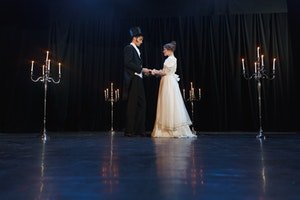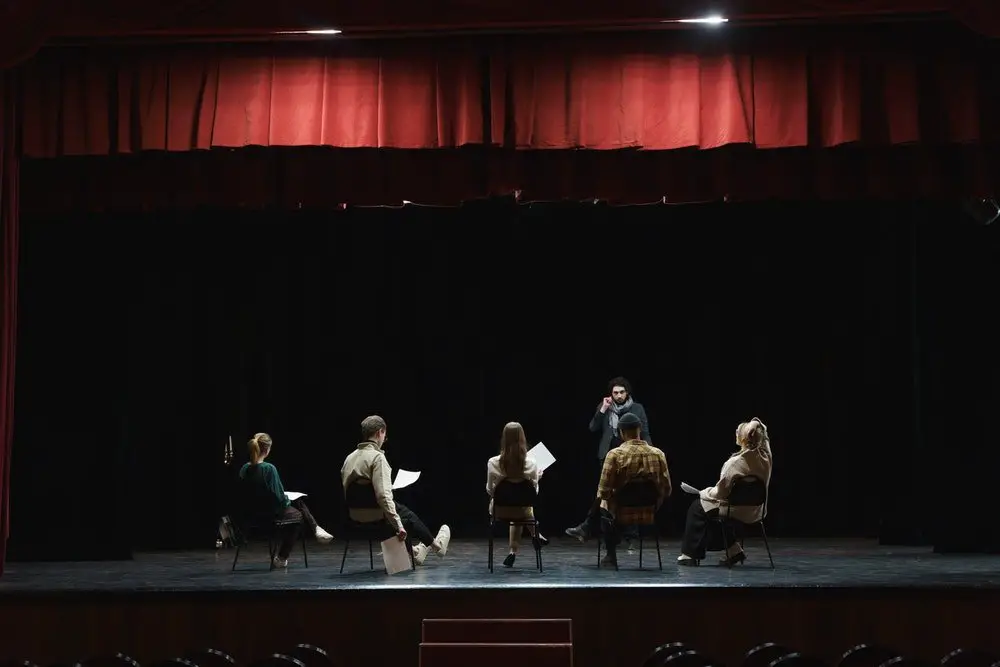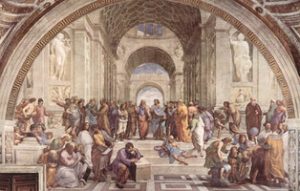First of all, let’s concentrate on the meaning of the word “opera” in English.
According to the Cambridge English Dictionary opera means “a musical play in which most of the words are sung”.
A more specific definition is given by Merriam-Webster: “a drama set to music and made up of vocal pieces with orchestral accompaniment and orchestral overtures”.
And what does opera mean in Italian?
In Italian the word opera means “work”, both in the sense of the labor done and the result produced. Its plural is opere.
Have a look at the following Italian expressions with their translations:
- l’opera dell’uomo: the work of man
- opere d’arte: artworks
- opere musicali: music works
- le opere di Dante Alighieri: Dante Alighieri’s works
Let’s now look at the other meaning of the word opera in Italian.
What other meaning does the word opera have in Italian?
Opera in Italian also means what opera means in English: a musical play in which most of the words are sung.
In fact, the word opera is a borrowing from Italian.
According to the Oxford English Dictionary, the Italian word was first used in the sense of “composition in which poetry, dance, and music are combined” in 1639.
The first recorded English usage in this sense dates to 1648.
This makes sense since the first opera was written and composed in 1597 by the Italian composer Jacopo Peri.
Languages tend to borrow words from other languages when they don’t have an existing word for a specific concept.
Since opera originated in Italy, the concept around the word opera is very Italian. This concept was then spread to other parts of the world and other languages.
This is why, even nowadays, English speakers still use an Italian word to refer to a musical play.

Where does the word opera come from?
The Italian word derives from the Latin word opera, which is the plural of the noun opus.
Opus meant “work” in Latin. So, in theory, opera means “works”.
However, the word opus didn’t just have one meaning.
Let’s look at some of its meanings:
- work
- profession
- agricultural work
- construction
- hard work
- literary work
- effort
- work’s product
- artwork
- literary genre
- Lord’s work
- homework
- intercourse (in poetry)
As you can see, the words opus and opera had different, interrelated meanings.

Other words related to opera that come from Italian
Interestingly, most of the technical vocabulary of classical music is borrowed from Italian and that of ballet from French.
Let’s have a look at some other words related to opera, arts, and music in general that come from Italian.
- A cappella: singing without music
- Allegro: in brisk time
- Aria: a long, accompanied song for one voice
- Bravo: cry of approval
- Concerto: music for a single instrument accompanied by an orchestra
- Crescendo: a gradual increase in loudness
- Libretto: the text of an opera
- Piano: musical instrument
- Quartet: four voices or instruments (from quartetto)
- Sonata: composition for a single instrument
- Sonnet: a fourteen-line poem with a fixed rhyme scheme (from sonetto)
- Soprano: the highest female voice
- Staccato: play in an abrupt manner
- Tempo: time
- Trio: three voices or instruments
- Viola: a stringed instrument
- Violin: a stringed instrument (from violino)
As you can see, English borrowed many words from Italian.
This is because Italian is a musical and beautiful language! ?



